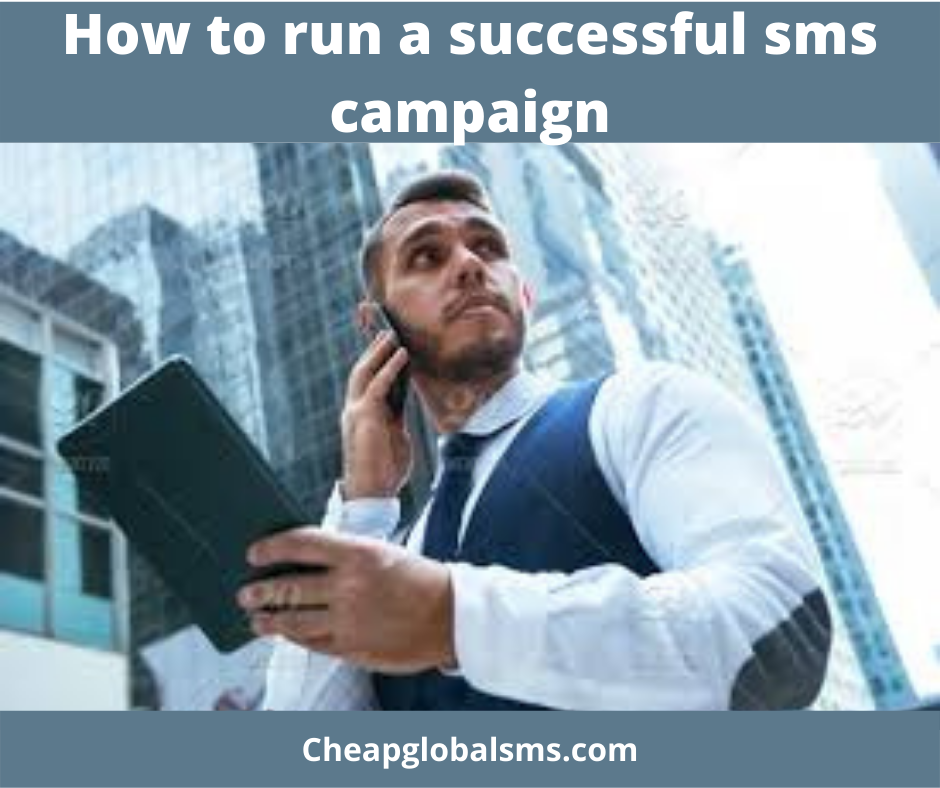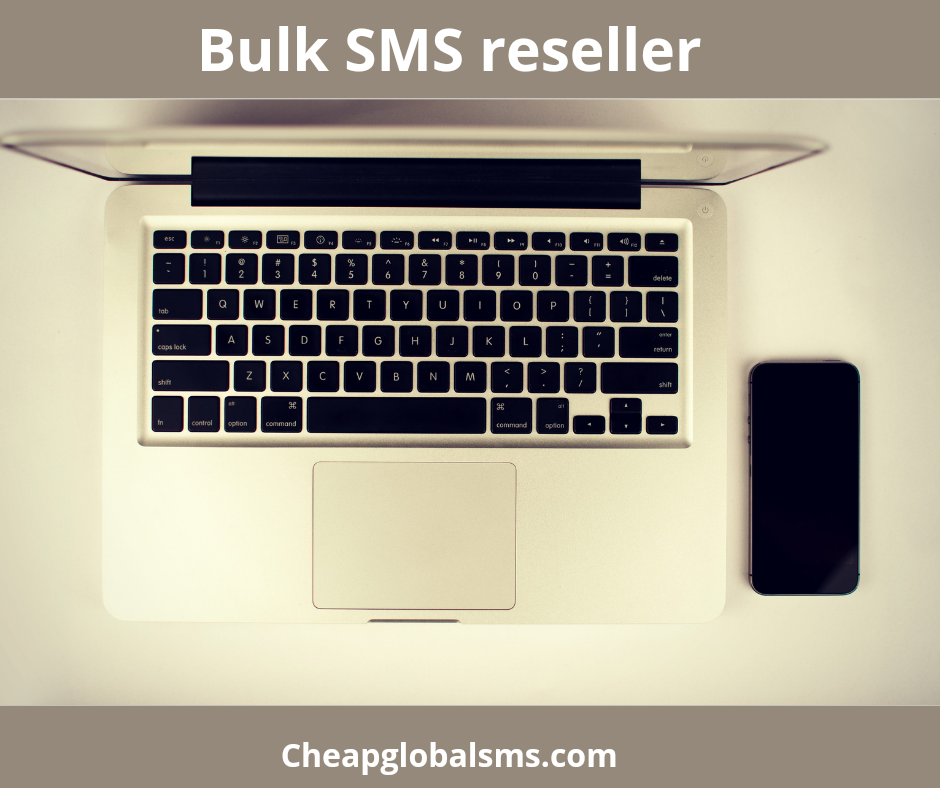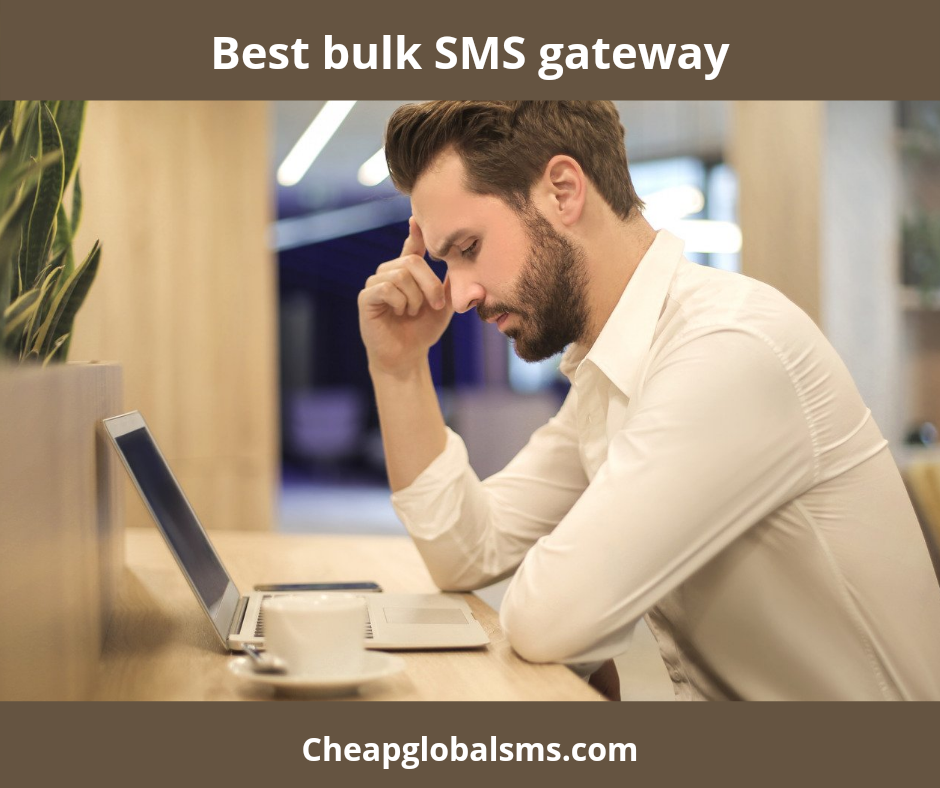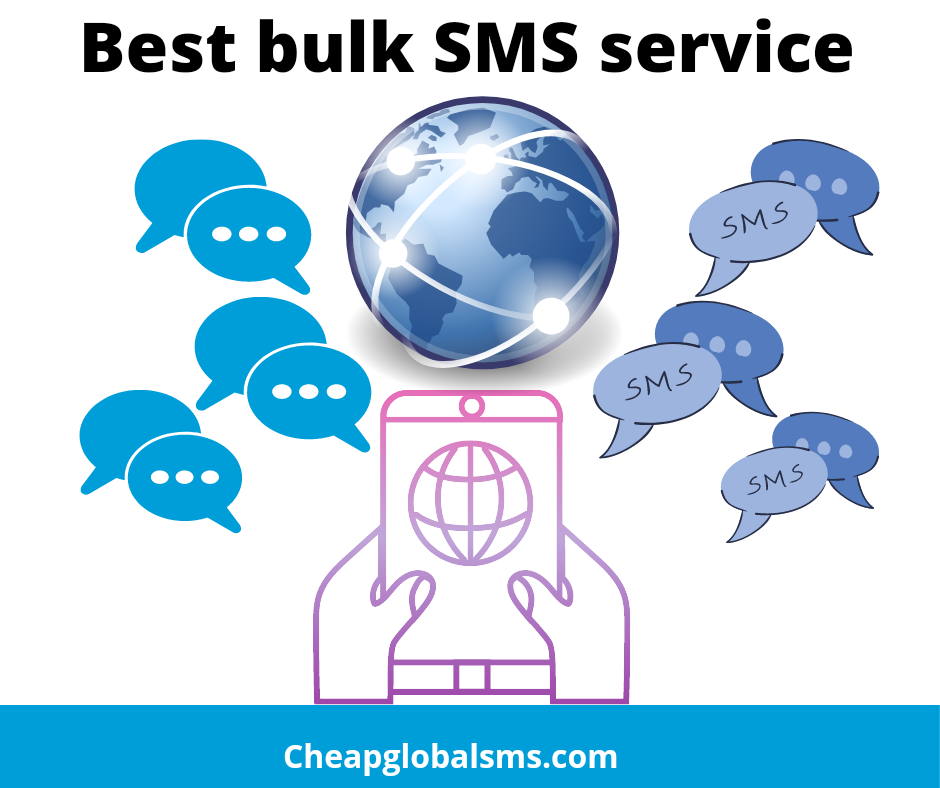How To Run Successful Sms Marketing campaign

One thing you need to know is that almost all phones are sms
enable, whether it has access to Internet or not, it must surely receive sms. This
is the reason sms Marketing is reliable and trusted. At least three out of five
individuals have a phone. Beside the messages will be sent to phone numbers which
is a proof of them having a phone. Messages
receive on phone doesn’t take more than three minutes before reading.
Yes, the mobile
phone has become a primary means of communication in so many ways. From its
basic function to call and answer the phone call, to browsing the Internet,
watching movies, checking social networks, chatting with friends, playing games
and even shopping online. Among all these varieties of options mobile phones
offer us today, there is one everyone uses – SMS. And to prove this
statement, we’ll quote the Mobile Marketing Association who
published data that over 350 billion text messages are being sent
across the world’s mobile networks each month! And 15% of this
number, according to Yankee Group, are classified as
marketing messages.
So, let’s take a look at some of the rules you should
follow if you want to create and run a successful SMS marketing campaign.
1. Define your goal
This is the key thing to start with. As in any other
marketing campaign, you must know what you want to achieve with your SMS
marketing campaign. More leads, more sales, brand awareness, driving website
traffic, etc. So, first pick your strategic business goal because it will lay a
foundation of your SMS marketing campaign and help you to structure it and
execute it easily.
2. If selling is your main goal, go for BOGO
BOGO deal, better known as Buy-One-Get-One,
is the best price-based offer you can use if your main goal is to sell more
products or services. Why? Because some studies have shown that even 66% of
consumers are ready for action if they receive a price-based offer in an SMS.
And even 68% of those interested in price-based offers will not only positively
react but will act if you offer them your products as a BOGO deal. The reason
behind this number is the fact that people consider such deals as the most
valuable. The point is you’re offering your customers to buy one product to get
another one, similar or with a similar price, etc. And options are limitless
because ‘buy something – get something’ strategy allows you to mix & match
products to get the best possible results and positive ROI, of course. But, pay
attention to this – people don’t like free things so much as you might think.
So if you structure your offer like: “Free product if you buy…” your customers
might not react very well. Why? Because people consider free products as items
that probably have little value and you’re giving them for free because of
that. But you’re asking them to spend a specific amount of money in return?
Nope, this will not work well, believe us.
3. Never, ever send messages early in the
morning or late at night
It sounds so logical, but you might be surprised to
find out that some marketers still make such mistakes. Trying to be different,
to create an exceptional service experience or to stand out from the rest at
all costs, some make such crucial mistakes that have serious consequences.
First and foremost, people don’t like to be harassed. Especially after they’ve
finally finished their work and went home. The point is to put yourself into
your customers’ shoes and answer this simple question – would you like to weak
up early in the morning or late at night with a text message offering you some
special discount? No, of course not. So if you wouldn’t like to experience
something like that why you would want to make your clients go through that?
The point is to make them fall in love with your brandthe opposite. In this
case, a direct consequence is opting out from your SMS marketing campaign. In
other words, you’re losing clients (read money).
4. Avoid SMS O’clock time
So, the next logical question is: When to send
SMS marketing messages? You should not send your SMS marketing
messages at an inappropriate time because this would be considered as a very
rude interruption. The rule when to send promotional messages has already been
defined: don’t send SMS marketing messages before 8 A.M. and after 9 P.M. (referring
to the subscriber’s time zone). But, there is one interesting thing that
happens regularly, and you can notice it if you subscribe to a lot SMS
marketing campaigns. Some call it an SMS marketing rush hour, but we’ll call it
‘SMS O’clock’ time. When creating an SMS marketing campaign, many tend to
schedule their messages to be sent at certain o’clock time, for example at 10
o’clock, 11 o’clock, noon, etc. It’s easier to schedule your campaign this way,
but if your clients have subscribed to receive promotional messages from other
brands or services, your SMS marketing message will likely be lost among other
messages, and you’ll miss your business opportunity. Because everyone else is
sending their messages at the top of the hour. So, if you want to achieve the
best results and stand out from the rest, avoid these o’clock moments. Schedule
your messages 15 minutes after or 21 minutes after or… You get the point.
5.Have A Clear Call-To-Action
Before
launching your SMS marketing campaign you need to consider what your goals
are. Every campaign you execute should have a direct, clear call-to-action
within the body of the message to encourage your customers to engage with you.
It is also equally important to integrate your SMS campaigns seamlessly
into all aspects of your company’s marketing strategy. Once you understand what
it is you want to achieve and how it will affect other marketing aspects of
your business, decide on a powerful and clear call-to-action. If a customer
does not understand what they are reading in an SMS or exactly what they need
to do once they’ve read it, your campaign will fail. Your call to action needs
to be straightforward, making it easy for your customers to take the action you
want them to. Give your prospect
a compelling reason to engage with your campaign.
6.The Power of Triggered Messages
Make
effective use of the power of triggered messages by creating a sense of
urgency. It is vital to note that short messages are the way forward. Closely
consider that your audience has
a very short attention time span. Thus, make sure to explicitly
state your brand name. The sender ID is used for this purpose, but what your
audience is reading when they receive the text is the text itself. Thus, avoid
extremely long messages and communicate straight to the point with a sense of
urgency. The most commonly advised message length is within 160 characters. Even if you’ve
sent out an SMS that is friendly, well phrased, personal, and of great value,
there’s no guarantee your customer will actually follow through. Maximize your chances of getting people to do what you want them to do
by creating a sense of urgency.
7. Keep It Personal
It is very vital to consider that
you are inviting yourself into someone’s private space, and as thus, language
matters. Ensure that the way in which you
communicate your message is conversational and personal. Keep your messages short and sweet. You
want your customers to look upon your business as they might a trusted friend,
not as some faceless entity that treats them like another number. In order to make the most out of your SMS
campaign, be sure to make your offers exclusive to the person reading and
receiving it. Make your audience feel as though they are part of something
special. If an offer is available to everyone, then redeeming that offer
becomes less attractive and urgent. Making
a sale via SMS is all about ensuring your customers feel special and valued. Again, it is worthy of note
to personalize messages - keep it exclusive.
You May Also Like These
BEST BULK SMS WORDPRESS PLUGINS

A lot of people have come to like WordPress. so many
website owners have been running there website on WordPress, one of the reason
is that it is ea...
HOW TO BECOME A BULK SMS RESELLER

Bulk SMS has become necessary as new businesses keep springing
up from all nooks and crannies of the world. There are a lot of competition going
on ...
BEST BULK SMS GATEWAY

A bulk SMS Gateway is a great way to incorporate SMS APIs
with your existing setup. Businesses often have to send SMS messages to a large
customer b...
BEST BULK SMS SERVICE

Bulk SMS services have been a major medium for businesses to
promote and create awareness for their products and services. Every business
will want ...